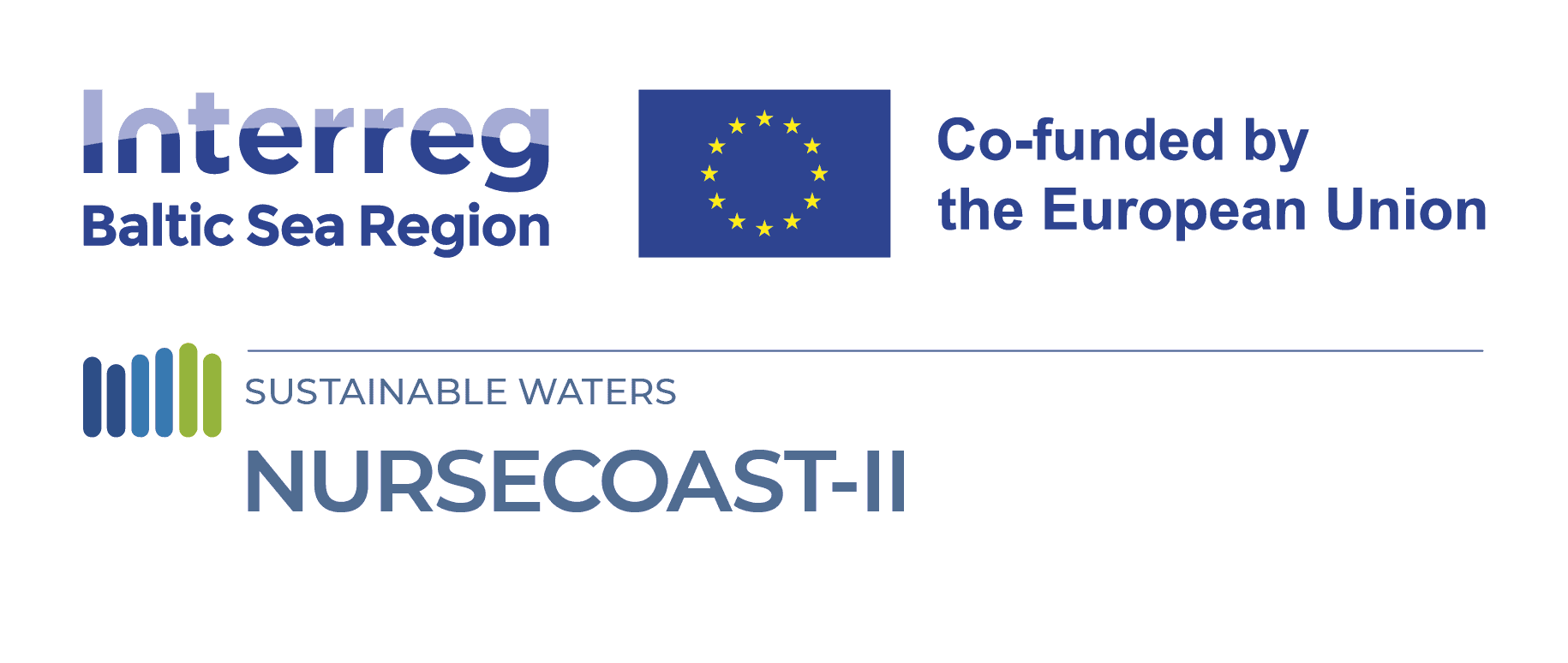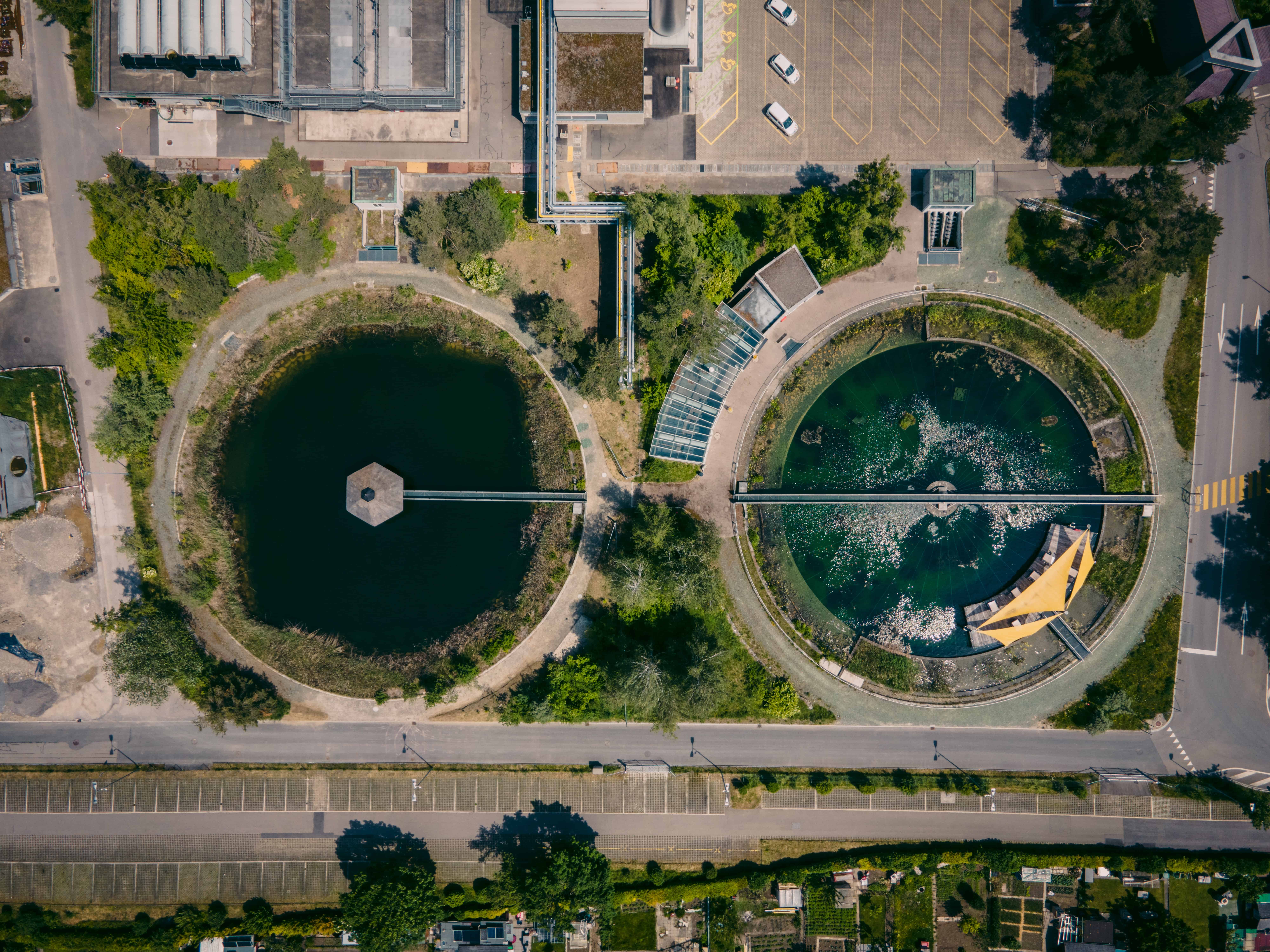
The new regulation aims to encourage and facilitate water reuse in the EU
11 July 2023
To tackle these concerns, a webinar on water reuse legislation in Europe was held by the European Water Association on June 26th, 2023. The NURSECOAST-II team attended the webinar with great interest, eager to learn about the main takeaways concerning the implementation of the regulation.
Water reuse has been successfully done in several EU countries, though its full potential has not yet been realized across the region. This is partly due to limited awareness among stakeholders and the general public regarding the benefits of water reuse. Furthermore, the absence of a comprehensive framework for supporting and facilitating water reuse has hindered its wider adoption in the EU.
40,000 million m3 of wastewater is treated in the EU every year. However, only 1,100 million m3/year of this treated wastewater is reused. The most successful wastewater reusers are the Mediterranean countries: the volume of reclaimed water is 12 % in Italy and Spain, 60% in Malta and 90% in Cyprus.
The Regulation on minimum requirements for water reuse in agricultural irrigation came into effect in June 2020. As of 26th June 2023, the new regulations have been implemented, aiming to promote and facilitate water reuse throughout the European Union (EU). These rules not only cover water reuse in agriculture but also allow EU member states to utilize reclaimed water for other purposes such as industrial water reuse, environmental initiatives, and amenity-related uses.
Of the countries in the NURSECOAST-II project, the new regulation has been fully accepted by Sweden and Estonia.
The main drivers to re-use water are water shortage and droughts in Europe. South Europe countries suffer from water stress and are more advantageous in water reuse than Centre, North, and East Europe. But circumstances are changing due to climate change and the increase in population size in the rest of Europe.
So far, the main barriers to water reuse have been low experience with reusing water, poorly developed business models for water reuse schemes, lack of regulation and public perception of water reuse.
A new regulation (EU 2020/741) set a need for a risk management plan for reclaimed water and different water quality requirements for different purposes.
Water quality depends on what purpose the water is used for. It is not always necessary to have water of drinking quality. Europeans are emotionally reluctant to use treated wastewater. Probably new technologies and risk mitigation will help to change the attitudes of Europeans in the future.
As a conclusion, the participants in the event agreed that water is a precious resource and should be managed more sustainably in Europe.
Find more information about the new water reuse regulation here.






